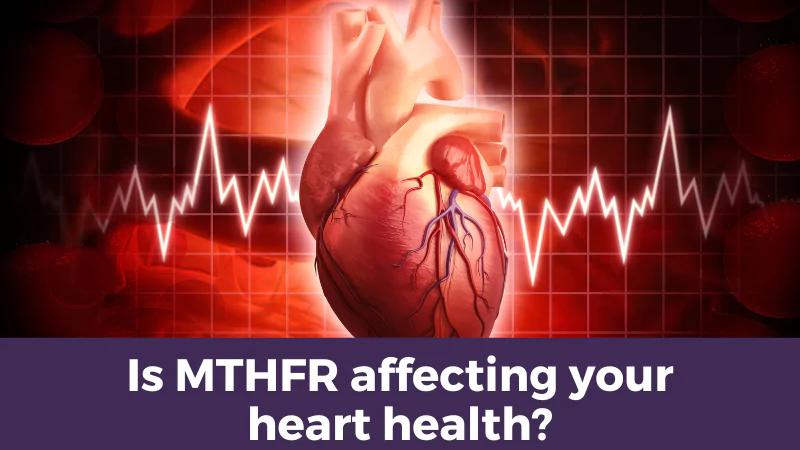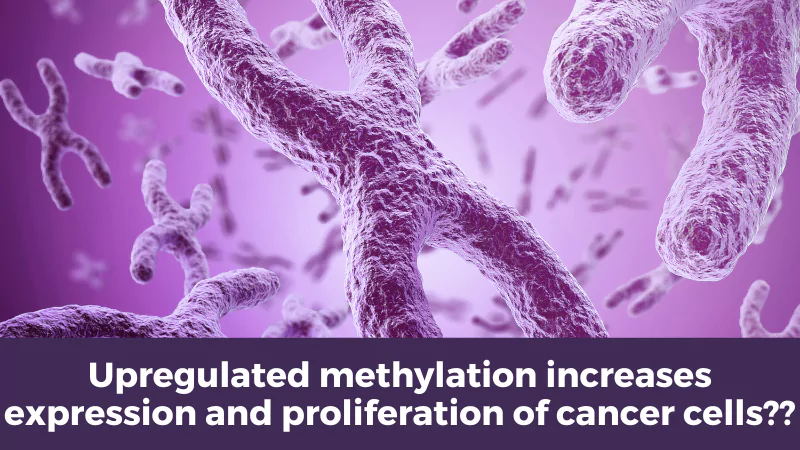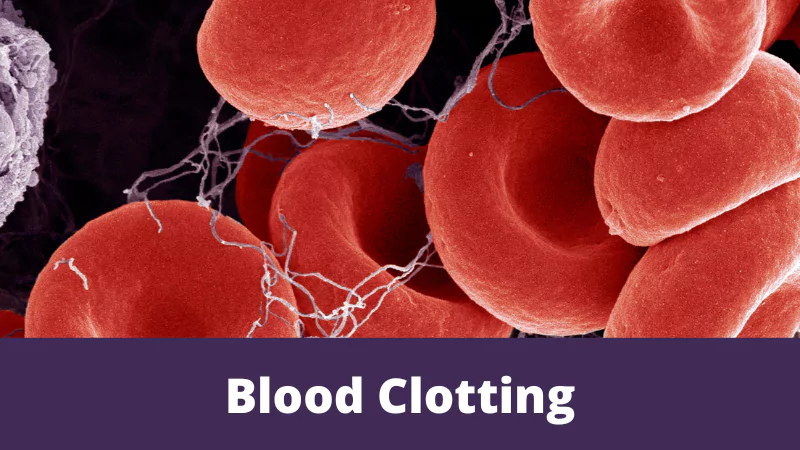23.3 million, that’s a big number!
…by 2030 more than 23 million people will die annually from cardiovascular disease (CVD) (World Health Organisation)
Cardiovascular disease is already the number one cause of death globally, with more people dying annually from CVDs than from any other cause.
But what do we mean when we talk cardiovascular disease? Well, it’s an umbrella term, covering all diseases of the heart and blood vessels, including, but not limited to:
- Coronary heart disease
- Stroke
- Heart failure/heart attack
- Hypertension
- Thromboses like DVT
- High cholesterol
However, it is really important, to understand that heart disease is a problem of the vascular system, and that vascular health is largely about endothelial function – endothelial cells line the inner surface of our blood vessels.
At a biochemical level, the endothelial cells respond to a very simple signal telling them to either dilate (expand) or contract.
So where does MTHFR fit in?
There are a number of CVD risk factors, many in the main stream media every other day. These include:
- Elevated cholesterol
- Overweight and obesity
- Limited/no exercise
- Low fruit and vegetable intake
- Alcohol consumption
- Smoking
And…an MTHFR gene polymorphism
However, the MTHFR picture with CVD is not just about homocysteine levels. We have always thought of elevated homocysteine as being the biggest predictor of CVD but recent research suggests that it’s not directly related i.e. if you have high homocysteine it doesn’t just mean you will have a heart attack or stroke. However, it does have an indirect effect – through oxidative stress.
Oxidative stress causes free radicals, those nasty little things that go around our body wreaking havoc when they are allowed to! This ‘havoc’ includes the healthy function of the endothelial cells and ultimately, cardio health.
So, we can eat healthy food, exercise more, limit alcohol and do all of those things that we’re ‘told to do’, but what if there’s more?
Want to learn more?
Click here to watch the replay of our Cardiovascular Webinar.
Image 1: Source
Image 2: Source









